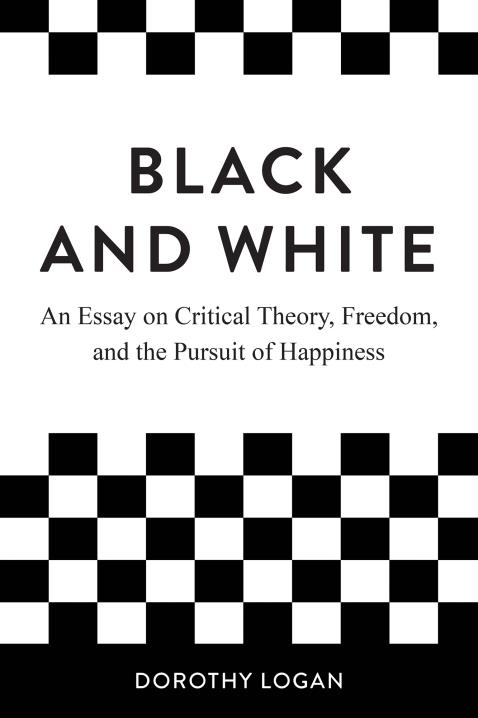Celebrating Veterans Day
- logandorothy
- Nov 11, 2023
- 4 min read
The following is an excerpt from my book, The Unraveling, (pp. 179- 182). Not only should we be honoring those who fought for freedom and on the right side of history since the inception of our country, but we should learn from them how to tackle the current challenges to our liberties in our country today. Glean from this what you will:
Lessons from Veterans Day
Veterans Day is not Memorial Day. These two holidays get conflated. On Memorial Day, we tend to honor living soldiers – and on Veterans Day, we tend to honor dead soldiers, but Memorial Day was intended to remember the soldiers who never came home – those who died in foreign wars (or from the injuries sustained in battle) and used to be recognized by decorating the graves of fallen soldiers, while Veterans Day serves to honor all veterans, all those who have served the country in war or peace – the ones who did come home – both living and now dead, but typically, the holiday is intended to thank living veterans for their sacrifices.
However, this confusion and conflation is understandable because everywhere else in the world has their “Remembrance Day” (their “Memorial Day”) on November 11. Why? Because on November 11, 1918, on the 11th hour (the 11th hour of the 11th day of the 11th month), the Allies and Germany enacted an armistice – effectively ending The Great War. And November 11 was thus designated Armistice Day. Congress recognized it as the end of the war in 1926, and in 1938 it became an official holiday – a day set aside to honor veterans of The Great War – the “War to End All Wars.”
But it didn’t. End all wars, I mean. We had World War II, most spectacularly – and at the insistence of veterans organizations, Congress amended the original holiday, renaming it. No longer would it be Armistice Day (referring only to World War I), but it would now be called Veterans Day – with the intent the day should honor American veterans of all wars.
Then, to try to stimulate the economy, Congress signed the Uniform Holiday Bill in 1968 to ensure that some/most federal holidays would be celebrated on a Monday. This included Veterans Day – and thus the holiday was (for some reason) to be celebrated on the fourth Monday of every October (presumably to give it some distance from Thanksgiving – always held on the fourth Thursday of November – while keeping it relatively close to the original November 11 date).
This new policy took place in 1971, but implementation was confusing – as from 1919 through 1970, the holiday had always been celebrated on November 11 and Americans just wanted to celebrate it on November 11! So on September 20, 1975, Gerald Ford signed a law returning the holiday’s observance to November 11, but not until 1978.
There are some important and relevant lessons to be derived from this journey down history lane—especially as they relate to the Us versus Them conversation.
The first lesson is that laws are signed that are not implemented for years, then the impact is not understood until implemented, and then it again takes years to reverse the original law. This is how the U.S. Government works. One Congress and President make a policy decision that they will never be held accountable for as a different Congress and a different president will be in office by the time the policy is implemented. If the policy is a failure – they escape blame – but if it is a success, they can still take credit.
If implementation was immediate, there might be pushback. When the issues are front and center, any passion against implementation still exists and people can be fired up about the whole thing and blame the sitting government. Such backlash isn’t usually worth the risk for politicians. But if they manage to absorb all the initial criticism in the moment and pass a law anyway – and then the law just sits there waiting for implementation three years from now, the passionate opposition has been nullified.
There is nothing to fight until implementation, and by then the Americans’ attention is on something completely different.
This is how we have moved so far outside the will of the American people without most citizens even realizing it. This is not a mistake. Our politicians and government officials tend to put their power (election/re-election) before the interests of the American people, so implementing their idea of what is best is more important than listening to constituents about what the constituents might think is best.
The second lesson to glean from the history of Veterans Day is that solidarity – acting and believing together – has power. Americans got on board with the Monday holiday plan for Presidents Day, Labor Day, Columbus Day, Martin Luther King Jr. Day, even Memorial Day – but not Veterans Day. People have power when acting in solidarity.
All our elites must do to prevent us from acting against them is to prevent us from believing and working together as one people against their will. They keep us distracted and divided so we don’t unite against their plans. And through delayed implementation, they gain time to shift blame and restructure the narrative to counter any emerging criticism against their wider agenda.






Comments